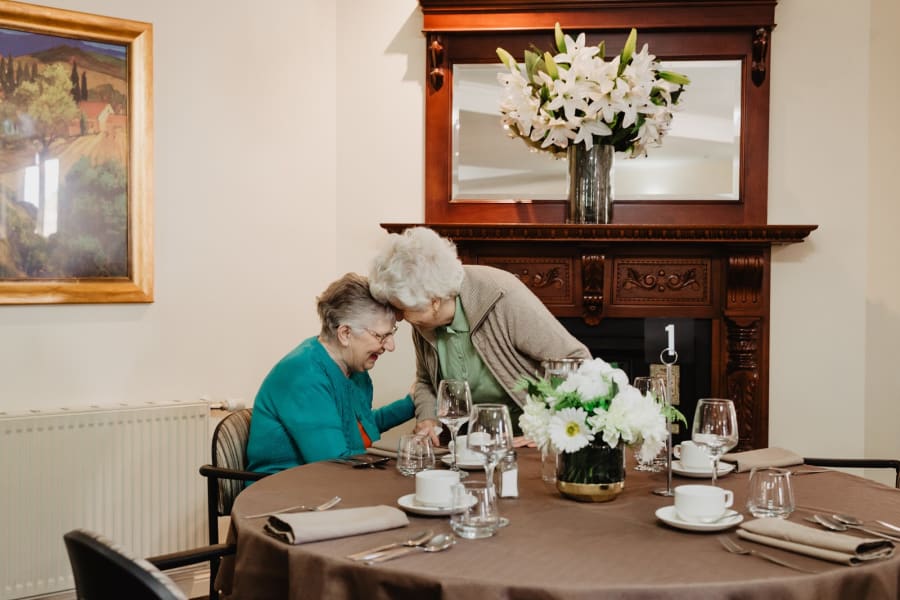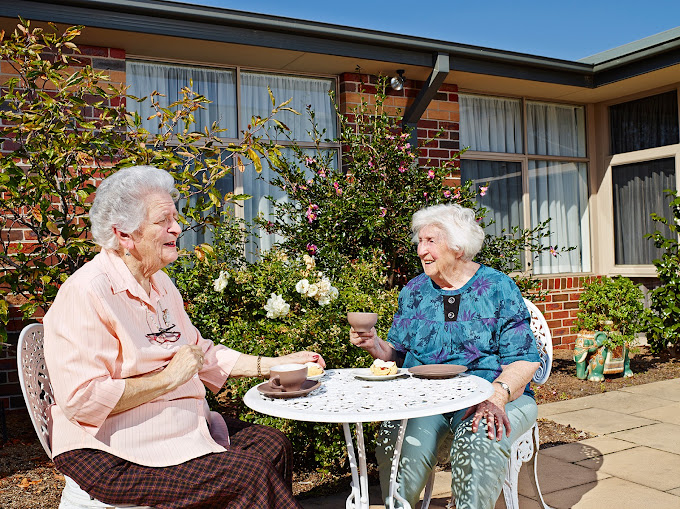

Palliative care is a crucial aspect of healthcare that often goes unrecognized and undervalued. It provides comfort, support, and dignity to individuals facing serious illnesses, helping them manage symptoms, cope with emotional distress, and improve their quality of life.
Understanding the importance of palliative care is essential for both patients and their loved ones. It offers holistic care that focuses on relieving pain and suffering, enhancing communication between patients and healthcare providers, and addressing the psychosocial aspects of illness. Palliative care not only helps patients live more comfortably but also allows them to make informed decisions about their treatment options.
In Glenroy, access to quality palliative care services can make a significant difference in the lives of individuals dealing with life-limiting illnesses. By recognizing the importance of palliative care and advocating for its integration into healthcare systems, we can ensure that everyone receives compassionate end-of-life care that meets their unique needs.
Ultimately, understanding the significance of palliative care involves recognizing the value of treating each patient as a whole person not just focusing on their physical symptoms but also considering their emotional well-being, spiritual beliefs, and personal preferences. By embracing palliative care as an essential component of healthcare, we can provide comfort and support to those who need it most during challenging times.
Integrating complementary therapies and holistic approaches into palliative care practices can greatly enhance the overall quality of care provided to patients facing life-limiting illnesses. By incorporating these alternative modalities alongside traditional medical treatments, healthcare providers can address the physical, emotional, and spiritual needs of patients in a more comprehensive manner.
Benefits of Complementary Therapies Complementary therapies such as acupuncture, massage therapy, and aromatherapy have been shown to help alleviate symptoms such as pain, anxiety, nausea, and fatigue in palliative care patients. These modalities can also promote relaxation, improve sleep quality, and enhance overall well-being.
Holistic Approaches to Care Incorporating holistic approaches into palliative care practices involves treating the whole person - mind, body, and spirit. This approach recognizes that each individual is unique and may benefit from a variety of interventions beyond just medical treatments. Holistic care focuses on supporting patients in all aspects of their lives while they navigate their illness.
Patient-Centered Care By integrating complementary therapies and holistic approaches into palliative care practices, healthcare providers can offer patient-centered care that takes into account the individual preferences and values of each patient. This personalized approach allows for greater collaboration between patients, families, and healthcare teams in developing a care plan that meets the specific needs of the patient.
Enhancing Quality of Life The integration of complementary therapies and holistic approaches has been shown to improve the quality of life for palliative care patients by reducing symptoms, enhancing coping mechanisms, and promoting a sense of peace and comfort. These interventions can also support patients in finding meaning and purpose during their end-of-life journey.
Challenges and Considerations While there are many benefits to integrating complementary therapies and holistic approaches into palliative care practices, challenges such as limited access to these services, lack of research on efficacy, and varying levels of acceptance among healthcare professionals exist. It is important for healthcare providers to work together with patients and families to overcome these challenges and ensure that all aspects of a patient's well-being are addressed during their end-of-life care.

Choosing the right aged care facility for your loved ones is a crucial decision that requires careful consideration and thought.. It can be overwhelming to navigate through the many options available, but by combining your findings with your intuition, you can make a well-informed choice. Start by conducting thorough research on different facilities in your area.
Posted by on 2024-10-23

One of the most crucial aspects of ensuring your loved one receives the best aged care possible is to monitor the quality of care provided and address any concerns promptly.. As a caregiver, it is essential to keep a close eye on how your loved one is being treated and cared for in their aged care facility. Regular visits and communication with staff members can help you stay informed about your loved one's condition and well-being.
Posted by on 2024-10-23

As our loved ones age, it becomes increasingly important to ensure that they receive the personalized care and attention they deserve.. Seniors with specific needs require tailored care plans that address their individual requirements, whether it be medical, emotional, or physical support. Personalized care plans for seniors can greatly improve their quality of life by addressing their unique needs and preferences.
Posted by on 2024-10-23

When it comes to making decisions about aged care for our loved ones, financial considerations play a crucial role.. It's important to assess the resources available for accessing quality aged care services to ensure that our family members receive the best possible care. One of the main concerns for many families is the cost of aged care.
Posted by on 2024-10-23
Ethical issues in end-of-life decision making and advance care planning are crucial aspects of palliative care in Glenroy. These decisions not only affect the patient but also their loved ones and healthcare providers. It is essential to consider various ethical principles when navigating these complex situations.
Respecting autonomy: Patients have the right to make decisions about their own care, even at the end of life. Healthcare providers must respect the autonomy of patients and ensure that their wishes are honored, even if they conflict with medical advice.
Beneficence vs. non-maleficence: Healthcare providers must balance the principle of doing good (beneficence) with avoiding harm (non-maleficence) when making end-of-life decisions. They must strive to provide appropriate care that maximizes benefits while minimizing suffering.
Justice: Ensuring fair access to palliative care services and resources is another important ethical consideration. Healthcare providers must allocate resources fairly and equitably, taking into account the needs of all patients, regardless of their background or circumstances.
Truth-telling: Being honest with patients and their families about prognosis and treatment options is essential in end-of-life decision-making. Healthcare providers must communicate openly and transparently, respecting the dignity and autonomy of patients.
Cultural sensitivity: Understanding and respecting the cultural beliefs and values of patients is crucial in providing ethical end-of-life care. Healthcare providers must be sensitive to cultural differences that may impact decision-making processes.
End-of-life discussions: Initiating conversations about advance care planning early on can help ensure that patients' preferences are known and respected. These discussions should involve patients, their families, and healthcare providers to promote shared decision-making.
Legal considerations: Navigating legal frameworks surrounding advance care planning, including advanced directives and surrogate decision-making, is a key aspect of ethical end-of-life care. Healthcare providers must be aware of relevant laws and regulations to ensure compliance while upholding ethical principles.

Palliative care focuses on improving quality of life for patients with serious illnesses, while traditional medical care aims to cure or treat the illness itself.
Palliative care can help manage symptoms, provide emotional support, and improve overall comfort for elderly individuals in Glenroy with serious illnesses.
No, palliative care can be provided at any stage of a serious illness to help improve quality of life and manage symptoms.
Services may include pain management, emotional support, spiritual guidance, and assistance with daily activities.
Families can discuss their loved ones needs with healthcare providers or contact local hospice organizations to inquire about available palliative care services.